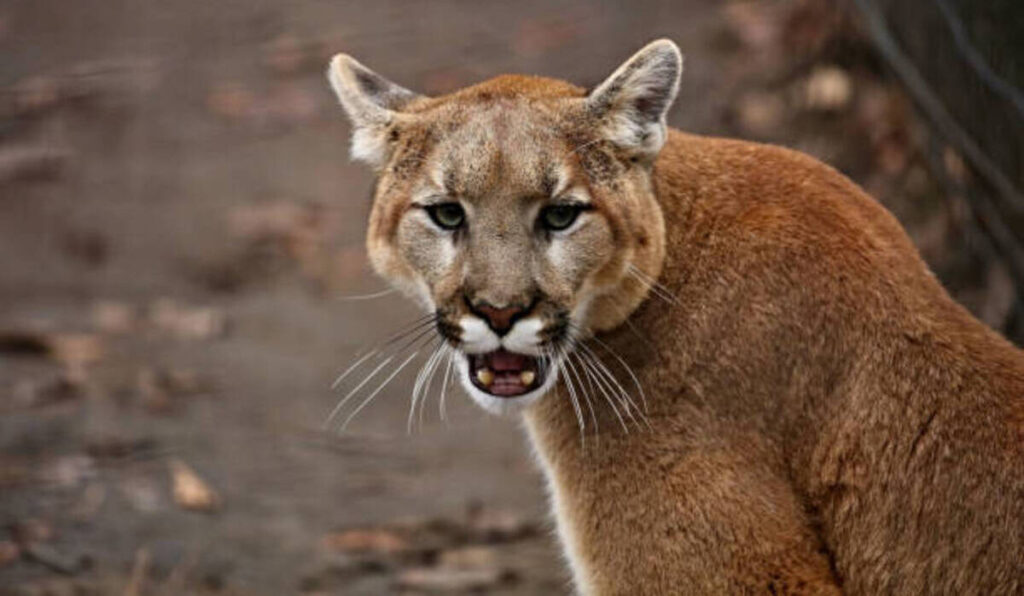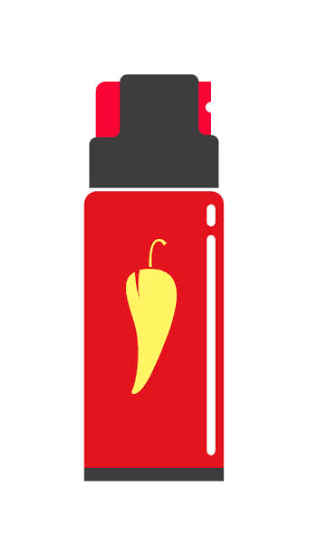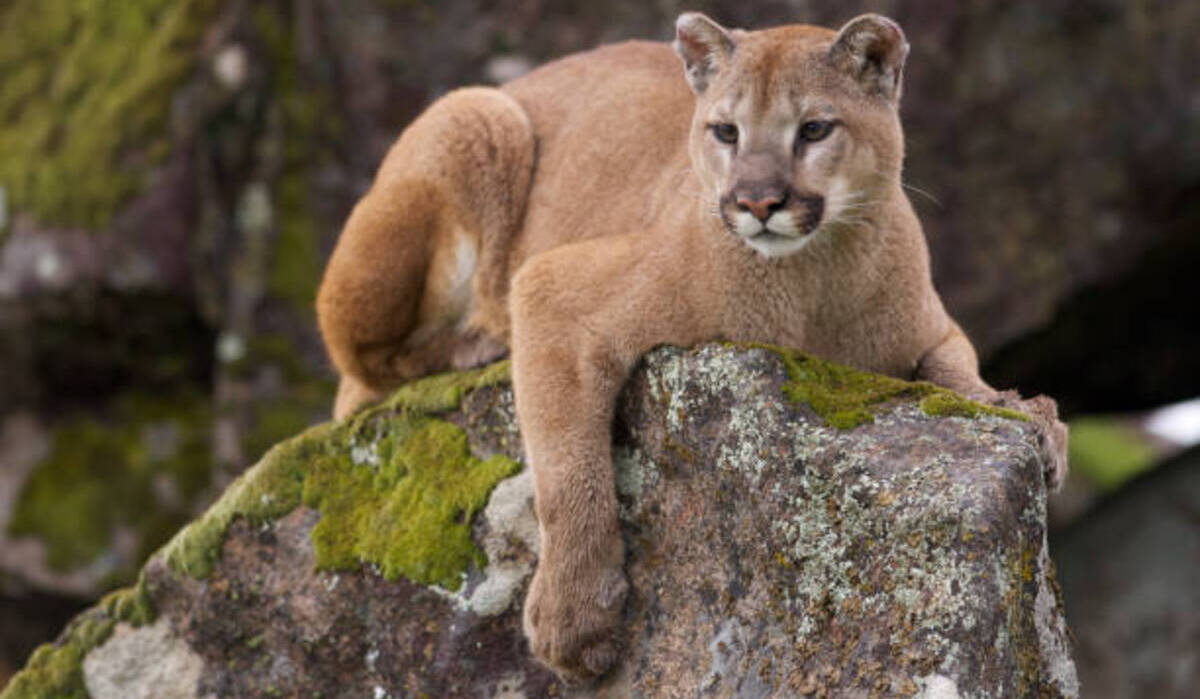Mountain lions, also known as cougars, pumas, or panthers, are some of North America’s most impressive predators. Their agility, speed, and strength have earned them a reputation in the wild. But as urban expansion continues, human encounters with these majestic creatures become more frequent, raising concerns about safety.
Understanding Mountain Lion Behavior
Before we discuss the effectiveness of pepper spray, it’s necessary that we grasp the behavior of mountain lions. Unlike other wild animals, mountain lions are ambush predators. This means they prefer to sneak up on their prey and launch a surprise attack. When they feel threatened, their first instinct is often to flee, but if cornered or provoked, they can become extremely aggressive.
The Science Behind Pepper Spray
Pepper spray, or Oleoresin Capsicum (OC), is derived from chili peppers. When sprayed, it releases an oily residue that contains capsaicinoids, the compounds responsible for the burning sensation. These compounds irritate the eyes, skin, and respiratory system, causing temporary blindness, difficulty breathing, and intense pain.
Effectiveness of Pepper Spray on Mountain Lions

Physical Response of Mountain Lions to Pepper Spray
Mountain lions have a keen sense of smell, which makes them highly susceptible to the effects of pepper spray. When sprayed directly into their face, the burning sensation in their eyes, nose, and throat can cause immediate and intense discomfort. The lion’s natural response will be to retreat to alleviate the pain.
Studies and Observations
Several studies have documented the effectiveness of pepper spray on mountain lions. In most cases, the big cats have shown an aversive reaction, retreating rapidly after being sprayed. The discomfort and temporary blindness caused by the spray seem to be deterrent enough for the mountain lion to reconsider its approach.
Considerations When Using Pepper Spray on Mountain Lions
Distance and Accuracy
For pepper spray to be effective, it must be sprayed directly into the face of the mountain lion. Hence, accuracy is crucial. It’s recommended to wait until the lion is within a range of 15-30 feet before deploying the spray. Wind conditions can also affect the spray’s trajectory, so it’s vital to consider the direction of the wind before using it.
Type of Spray
Not all pepper sprays are created equal. For mountain lion encounters, it’s essential to choose a product specifically designed for bear or wildlife encounters. These sprays often have a higher concentration of oleoresin capsicum and come in larger canisters to produce a broader spray pattern.
READ: Does Pepper Spray Work On Pigeons?
Alternative Precautions
While pepper spray can be effective, it’s always better to prevent a dangerous encounter in the first place. Here are some precautions to keep in mind:
- Travel in Groups: Mountain lions are less likely to approach a group of people.
- Avoid Dawn and Dusk: These are the peak hunting times for mountain lions. If hiking or camping, be extra cautious during these hours.
- Secure Pets and Livestock: Pets and livestock can attract mountain lions. Ensure they are secure, especially at night.
- Stay Calm: If you do encounter a mountain lion, stay calm. Speak loudly and firmly, maintain eye contact, and stand tall. Do not run or turn your back.
Conclusion
In summary, while no deterrent is 100% effective, pepper spray has been shown to be a useful tool in deterring mountain lion encounters. When used correctly and combined with other safety precautions, it can provide an added layer of protection for those venturing into mountain lion territory.
READ: Does Pepper Spray Work On Geese?
Bliss Ferdinand is a resilient single mother and the founder of pepperspraymum.com, a blog dedicated to empowering women and promoting personal safety. With a passion for self-defense, Bliss shares her knowledge and experiences to help other mothers protect themselves and their families. Through her blog, she educates her readers about the effective use of pepper sprays, offering valuable insights, product reviews, and practical tips on staying safe in various situations. Bliss’s commitment to her community has inspired many women to take charge of their own security, making pepperspraymum.com a go-to resource for those seeking practical advice and peace of mind

